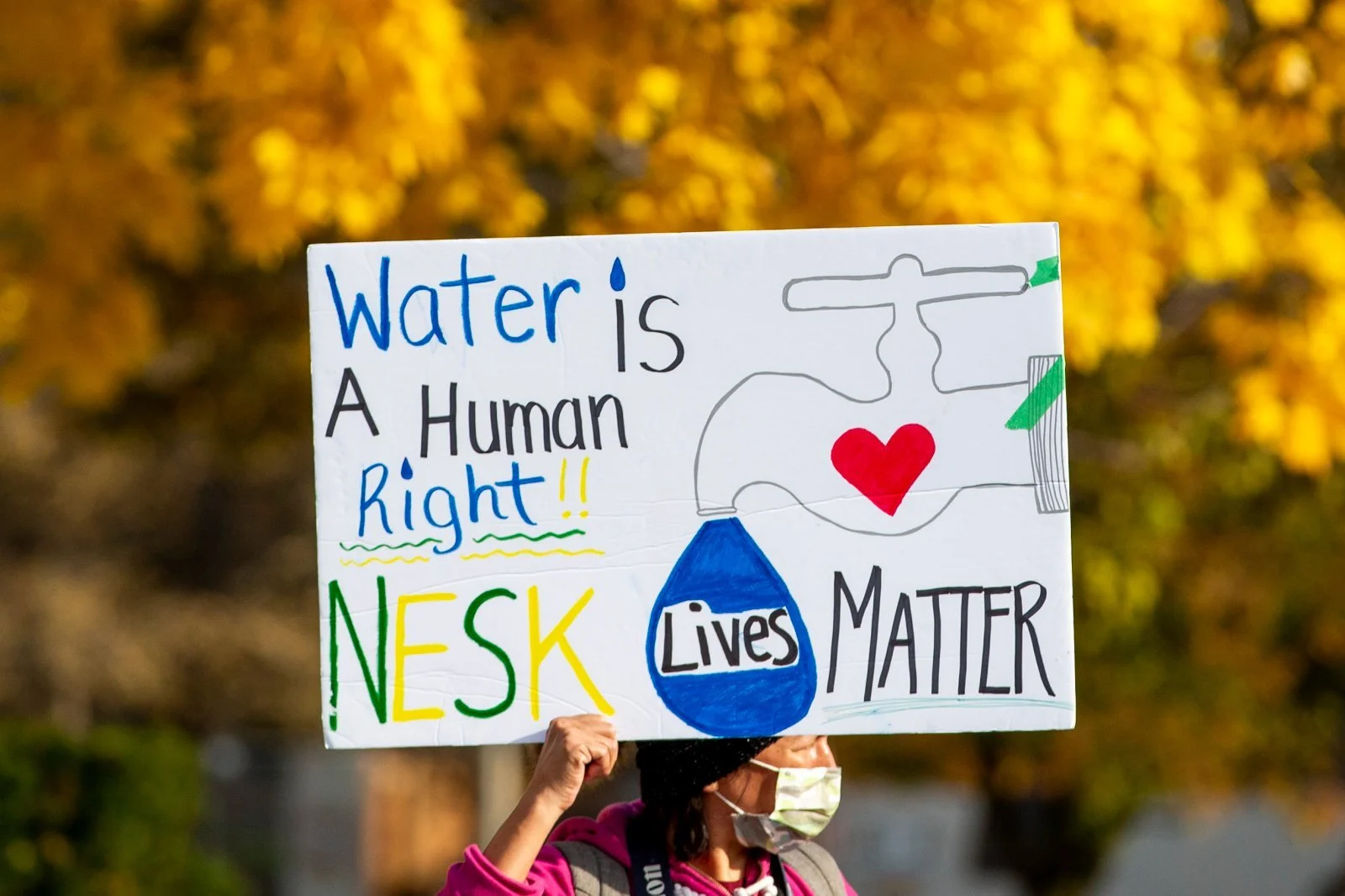Rebecca Zagozewski, executive director of the Saskatchewan First Nations Water Association, said she has seen contractors save on costs when building water treatment plants on reserves by using obsolete parts and failing to include maintenance manuals, ventilation or chemical rooms, and bathrooms. “Engineering companies will put in their bids obviously as low as they can go,” said Zagozewski.
Yukon pushed to develop protections for irreplaceable wetlands threatened by mining
An independent panel is urging the Yukon government to develop a wetlands policy to protect unique streams, bogs, fens and peatland from mining because there are no known ways to fully restore these sensitive ecosystems once disturbed. Wetlands filter water, provide habitat to species and sequester carbon but are quickly being lost to development worldwide — an issue drawing attention on World Wetlands Day Feb. 2.
Data gaps prevent assessment of most Canadian watersheds: WWF report
Spotty research and inconsistent monitoring have made it impossible to evaluate the health of most Canadian watersheds, a study has found. “It’s still largely unknown,” said Elizabeth Hendricks of the World Wildlife Fund, which has just released its second evaluation of the condition of Canada’s freshwater environments. Hendricks said the report points to the need for standardized, national water monitoring done by local communities.




